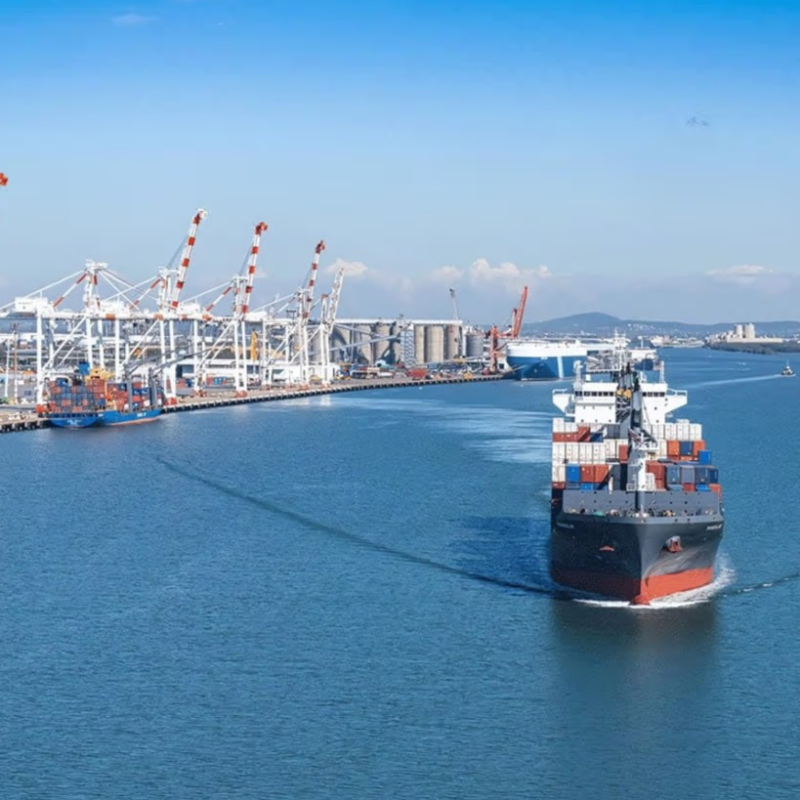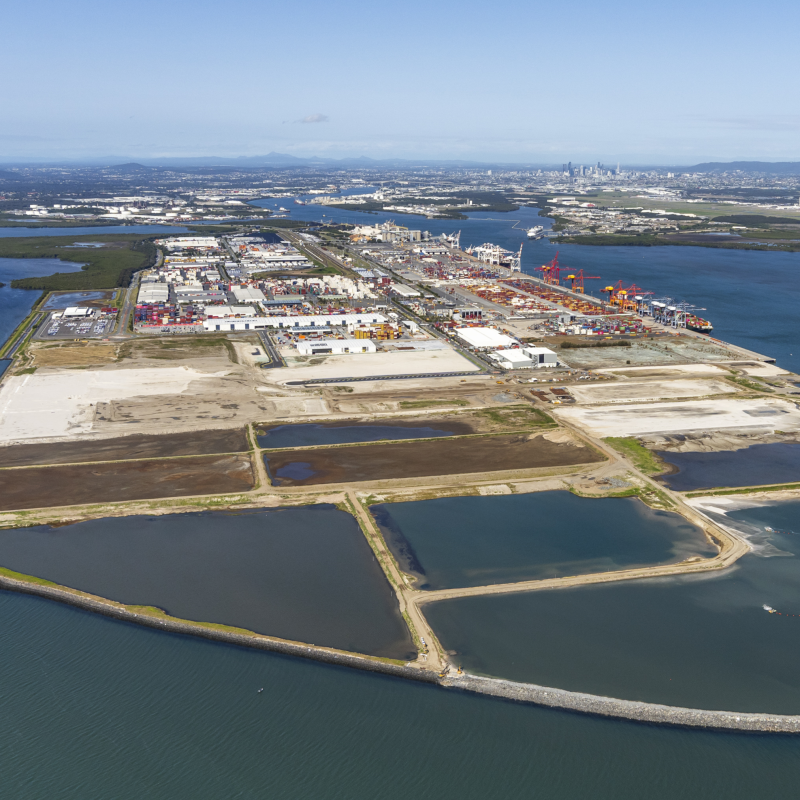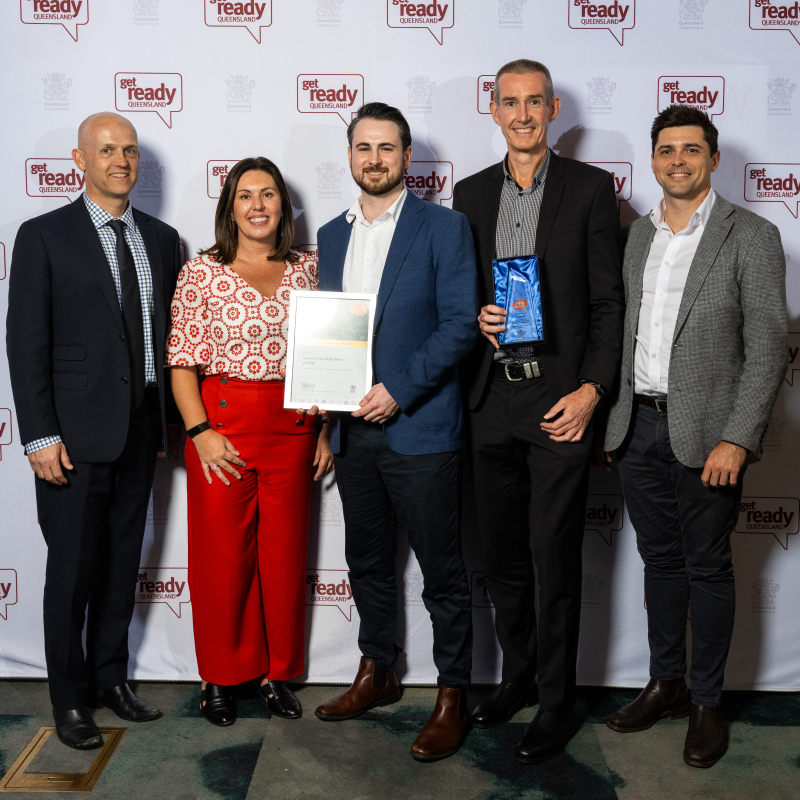Applying global methodology to build resilience in local infrastructure
The Port of Brisbane is central to Queensland’s economy.
This vital asset handles approximately 95 per cent of Queensland’s containerised trade, 90 per cent of its motor vehicle imports, and 50 per cent of Australia’s agricultural exports.
Having the requisite resilience to keep the Port of Brisbane safe from external risks and hazards including natural disasters is critical to supporting communities and economies that rely on the port’s critical infrastructure.
With vessel movements within Port of Brisbane’s shipping channel temporarily halted during the devastating 2022 south-east Queensland floods, more than a quarter of the estimated $4.4 billion cost of the floods was attributed to lost economic activity.
Queensland Investment Corporation (QIC) identified that third-party risks to infrastructure assets are systemically overlooked and acknowledged the importance of enabling asset managers to influence risks outside their direct operation.
To address this industry gap, QIC, in partnership with engineering, design and advisory company Aurecon, identified Port of Brisbane as a fitting sample asset within QIC's infrastructure portfolio to undertake a new project.
In an Australian-first, the project applied a leading global methodology – the United Nations Office for Disaster Risk Reduction (UNDRR) Principles of Resilient Infrastructure Scorecard – to benchmark a critical local asset.
This scorecard assessment involved reviewing Port of Brisbane’s vulnerability to external risks and hazards, and demonstrated how asset resilience could be measured to inform investment.
As third-party risks are beyond the control of the owner and responses require collaboration between asset managers and third-party stakeholders, the project was carefully designed to address the universal need for partnerships between the public and private sector to enhance asset resilience.
For example, the UNDRR Scorecard method identified the Port of Brisbane was vulnerable to critical council-owned access roads nearby being flooded.
The immediate benefit of the process saw it pave the way for the mitigation of identified risks through collaboration with relevant stakeholders.
In broad terms, the project successfully identified the need to establish guided mechanisms for collaboration between infrastructure asset owners and third-party stakeholders.
The success of this project can be summarised in three stages:
- Using the UNDRR Scorecard to identify external risk vulnerabilities for the Port of Brisbane
- Demonstrating how investment in collaborative resilience initiatives is financially essential and critical to long-term asset sustainability
- A new business-as-usual for decision-makers that targets long-term increases in funding and improved technical approaches to strengthen infrastructure resilience
This critical work by Aurecon, Port of Brisbane and QIC saw them take out top spot in the Business category at the 2024 Queensland Resilient Australia Awards, which recognise the important role locally led organisations play in communities when faced with natural disasters.



